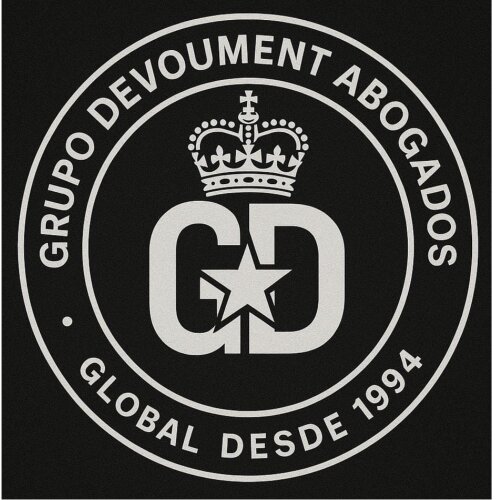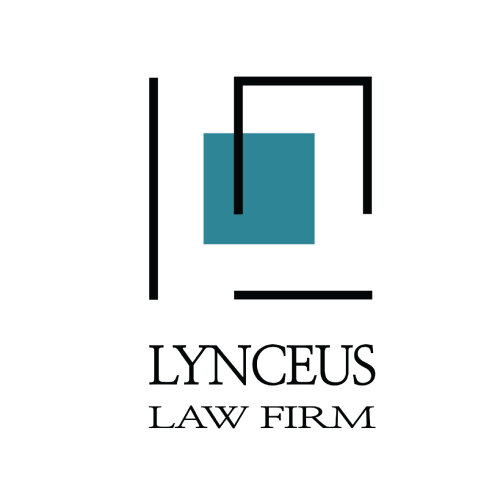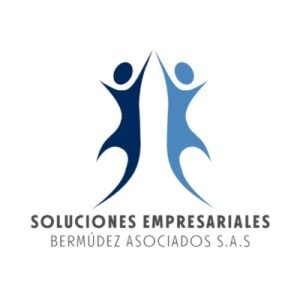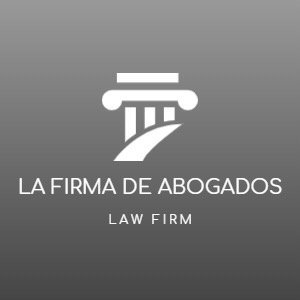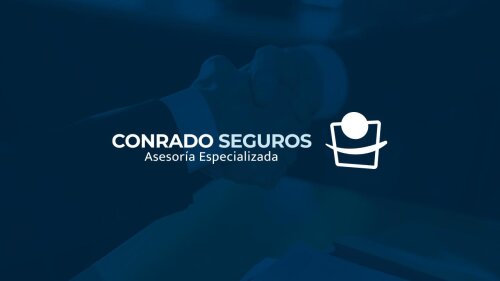Best Sanctions & Export Controls Lawyers in Colombia
Share your needs with us, get contacted by law firms.
Free. Takes 2 min.
Or refine your search by selecting a city:
List of the best lawyers in Colombia
About Sanctions & Export Controls Law in Colombia
Sanctions and export controls regulations in Colombia are designed to regulate the transfer of goods, services, and technology across the country’s borders. These laws help Colombia comply with international obligations, ensure national security, and prevent activities like money laundering, terrorism financing, and support of prohibited regimes or entities. Sanctions refer to restrictions on dealings with certain countries, individuals, or organizations, while export controls cover the licensing and supervision of items that can be used for both civilian and military purposes (dual use), arms, and certain sensitive technologies.
Why You May Need a Lawyer
There are many scenarios where legal assistance is invaluable in the field of sanctions and export controls in Colombia. Common situations include:
- Uncertain whether your transaction or business partner is subject to sanctions or export license requirements
- Facing an investigation or enforcement action by Colombian authorities for alleged violations
- Launching an international business that involves exporting controlled goods or technologies from Colombia
- Needing help with compliance programs, due diligence, and risk assessments for cross-border business operations
- Seeking advice on the impact of updated UN, US, or EU sanctions regimes on business in Colombia
- Requiring licensing or clearance for the export, import, or re-export of sensitive items
A lawyer who specializes in this area can help you understand your legal obligations, minimize risks, and navigate interactions with regulatory authorities.
Local Laws Overview
Colombia does not have a single, unified sanctions and export controls statute. Instead, several laws, decrees, and regulations shape the legal landscape:
- International obligations: Colombia adheres to United Nations Security Council sanctions.
- Ministry of Commerce, Industry, and Tourism (MINCIT): Sets export licensing requirements and maintains the lists of controlled items, including military and dual-use goods.
- Superintendence of Companies: Enforces AML (Anti-Money Laundering) and CFT (Counter Financing of Terrorism) rules, including transaction monitoring related to sanctions.
- Customs regulations (DIAN): Control imports and exports physically, ensuring goods comply with all authorizations.
- Resolution 057 of 2014: Covers export control on defense materials, chemicals, and other sensitive goods.
- Foreign policy: The Ministry of Foreign Affairs issues guidance on new international embargoes or sanctions that affect Colombian entities.
Violations can result in heavy penalties, criminal and civil liability, and business disruptions. It is especially important for entities in sectors like finance, manufacturing, technology, and logistics to understand these requirements.
Frequently Asked Questions
What are sanctions and export controls?
Sanctions are restrictive measures against countries, individuals, or entities to enforce international law and security. Export controls regulate the movement of goods, services, or technology, especially if they could be used for military or illegal purposes.
Does Colombia follow international sanctions?
Colombia implements United Nations Security Council sanctions as part of its international obligations. Local authorities may also consider sanctions imposed by major trading partners like the US or EU.
What type of products are subject to export controls in Colombia?
Products subject to control include arms and related materials, dual-use items (civilian use but possible military application), chemical precursors, and certain advanced technologies.
How do I know if my company needs an export license?
You must verify if your goods, services, or technology are on controlled lists managed by the Ministry of Commerce, Industry, and Tourism or other relevant bodies. Legal counsel or specialized compliance staff can assist with this assessment.
What are the consequences of violating sanctions or export controls?
Violations can lead to fines, loss of export/import privileges, criminal prosecution, and reputational harm.
Can individuals be prosecuted for violations, not just companies?
Yes, both organizations and individuals, including directors or managers, may be held liable for breaches of sanctions or export controls.
If I am complying with US/EU sanctions, do I also need to comply with Colombian laws?
Yes. International companies or subsidiaries operating in Colombia must comply with both local and relevant international laws or sanctions regimes.
How often are the lists of sanctioned parties and controlled products updated?
These lists are updated periodically, often in response to new international developments or legislative changes. Regular checks are essential for compliance.
What is the process for applying for an export license in Colombia?
Applications are generally made through the Ministry of Commerce, Industry, and Tourism. Documentation must include details of the product, end-user, and destination. The process can be complex, especially for sensitive items.
Should startups and small businesses be concerned about sanctions and export controls?
Yes. Even small businesses can be affected if they deal internationally or handle products and services that are regulated. Ignorance of the law does not excuse violations.
Additional Resources
You may find useful information and guidance from the following bodies and organizations:
- Ministry of Commerce, Industry, and Tourism (MINCIT) - Responsible for export controls and licensing in Colombia
- DIAN (Dirección de Impuestos y Aduanas Nacionales) - The Colombian tax and customs authority
- Superintendence of Companies - Oversees compliance measures for anti-money laundering and counter-terrorism
- Ministry of Foreign Affairs - Provides guidance on sanctions affecting Colombian entities
- Chambers of Commerce - Offer resources and events on international trade compliance
- Legal associations and trade groups - Many provide training or directories of specialist attorneys
Next Steps
If you suspect your business activities may intersect with Colombian sanctions or export controls regulations, here are some recommended steps:
- Document your business activities, goods, and trading partners
- Review the lists of controlled items and sanctioned individuals or entities relevant to your business
- Contact the relevant regulatory bodies for guidance on licensing requirements
- Consult a lawyer with experience in sanctions and export controls to assess your risk and develop a compliance plan
- Implement internal policies, training, and regular audits to maintain compliance
- Stay updated on legal and policy developments by subscribing to official bulletins and attending relevant trainings
Taking proactive steps and seeking qualified legal advice are crucial for mitigating risks and ensuring smooth business operations within the boundaries of Colombian law.
Lawzana helps you find the best lawyers and law firms in Colombia through a curated and pre-screened list of qualified legal professionals. Our platform offers rankings and detailed profiles of attorneys and law firms, allowing you to compare based on practice areas, including Sanctions & Export Controls, experience, and client feedback.
Each profile includes a description of the firm's areas of practice, client reviews, team members and partners, year of establishment, spoken languages, office locations, contact information, social media presence, and any published articles or resources. Most firms on our platform speak English and are experienced in both local and international legal matters.
Get a quote from top-rated law firms in Colombia — quickly, securely, and without unnecessary hassle.
Disclaimer:
The information provided on this page is for general informational purposes only and does not constitute legal advice. While we strive to ensure the accuracy and relevance of the content, legal information may change over time, and interpretations of the law can vary. You should always consult with a qualified legal professional for advice specific to your situation.
We disclaim all liability for actions taken or not taken based on the content of this page. If you believe any information is incorrect or outdated, please contact us, and we will review and update it where appropriate.
Browse sanctions & export controls law firms by city in Colombia
Refine your search by selecting a city.



